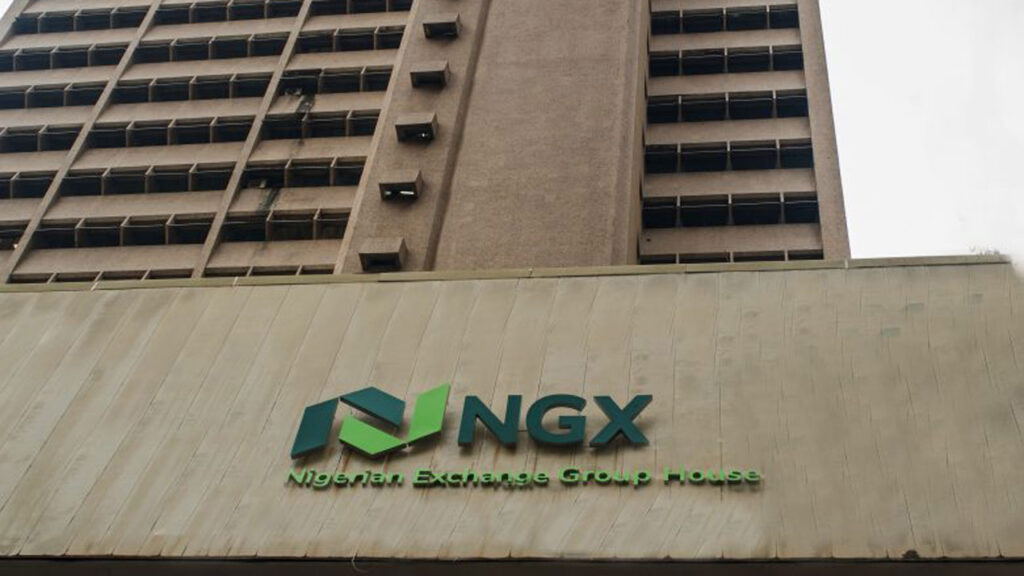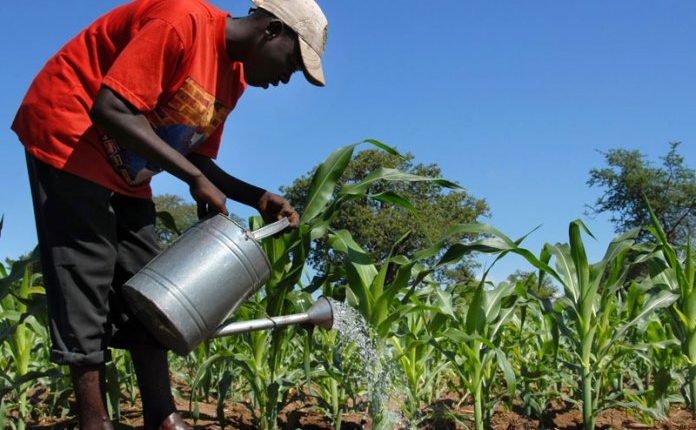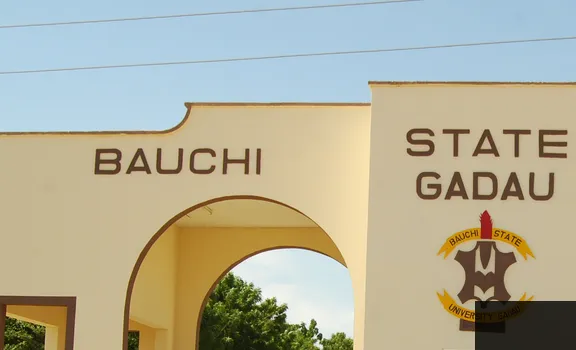
Financial experts and other economic stakeholders have stressed the need for the government to create policies and implementation strategies to tackle the challenges posed by the coronavirus pandemic while providing an enabling environment for investments to thrive.
These, according to them, would enable Nigeria to snap out of recession and improve the standard of living for the citizens.
Stakeholders, who gathered at the Franco-Nigerian Chamber of Commerce and Industry virtual event, tagged: “Key macroeconomic themes expected to shape the Nigerian 2021 economy,” explored opportunities embedded in the Finance Act, delayed passage of the Petroleum Industry Bill (PIB), the 2021 budget, and the African Continental Free Trade Area (AfCFTA).
Fiscal Policy Partner and West Africa Tax Leader, PwC, Taiwo Oyedele, said despite an inflation rate of 14.89 per cent in 2020, unemployment at 27 per cent, the pandemic, economic lockdown, recession, and poverty among other challenges, Nigeria ended the year as the largest economy with $443billion, and 26th globally according to International Monetary Fund (IMF).
Oyedele expressed optimism that Nigeria would recover from recession in 2021, but how well the recovery would be is a function of government’s commitment and private sector involvement.
Speaking on the AfCFTA, he urged the country to focus more on its comparative advantage and strength. The biggest impact AfCFTA would make for Nigeria is to create policies that would drive trade.
According to him, Joe Biden’s inauguration as the 46th President of the United States of America, could reduce trade tension but with caution from trading partners.
Partner, Energy Resources, Banwo and Ighodalo, Stella Duru, said the PIB, which is expected to erase bureaucracy amongst other benefits, has been on the burner for a while.
Duru said conversation around restructuring the industry cannot be overemphasized, and expressed optimism that the PIB would work, noting that the non-passage into law does not inspire confidence.
Speaking on how businesses can survive amid the second wave of the COVID-19, she urged companies to keep costs low rather than sacking their workers.
Director, Tax and Regulatory Services, Mazars, Olufunsho Ola-Ojo, also advised businesses to adopt measures to stay afloat especially as the country struggles to come out of the current economic woes.
On his part, the Chief Executive Officer, Union Bank Nigeria Plc, Emeka Emuwa, described 2020 as a year of resilience and adaptability with lessons learnt on the importance of collaboration for opportunities.
Emuwa said as businesses prepare for the ‘next normal’, it is important for everyone to understand the environment while leveraging partnership for growth.
Lead Partner, SBM Intelligence, Cheta Nwanze, said historically, Nigeria has always had the distrust of trade agreement, adding that interconnectivity in Africa is still difficult with extreme poverty as a trending issue on the continent.
He said: “We need to invest in connectivity and people with capacity to deliver,” adding that there is a need for the government to invest in data broadband.
In his remarks, Regional Economic Counsellor, French Embassy, Pascal Furth, said there are a lot of expectations that the Nigerian economy may take a V shape recovery, as Nigerians are extremely optimistic despite the worst recession in 40 years.
Furth said French companies in Nigeria have shown resilience to support the economy, while the Francophone country is looking forward to a fruitful year and expectant of huge bilateral transfer in 2021.













